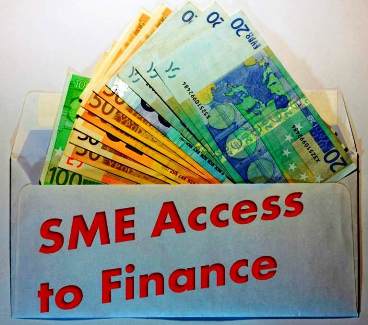 Editorial comment on the current hype on data protection in Europe and how it may impact SME access to finance in particular and access to finance by individuals in general.
Editorial comment on the current hype on data protection in Europe and how it may impact SME access to finance in particular and access to finance by individuals in general.
Not too long ago the World Bank issued a paper on the subject of facilitating SME financing through improved credit reporting (see link below). The paper originated from a notion by the G20 that SME lacked access to finance and thus retarding economic growth. The impediment to lending was the apparent lack of transparency. The World Bank paper made several recommendations to improve transparency through greater information sharing between information companies, the public sector information and the private sector. The end result should therefore be greater access to finance.
I was engaged in a discussion with German business men last week and there was bewilderment in the audience about the notion that SMEs had no access to finance. Many in the audience believed that local banks in Germany were accommodating their needs adequately.
When it came to the notion that greater information sharing by the business community would provide greater transparency, I got no sympathy on that issue either. Sentiments were in opposite directions because of the current aversion to the increasing digitization of the society, the heated debates about Google, Social Media and the NSA/Snowden affair. The background noises about these issues appear to drown out any reasonable arguments for facilitating SME access to finance through improved credit reporting in Germany particularly and in Europe in general.
Credit information is an integral part of credit granting, one does not go without the other. The role of information is to protect the credit system and economic growth. It is therefore too important to be thrown into the proverbial pot of data protection issues, which have no relevance to credit.
If you are interested in reading the World Bank document you can click on this link.
About the author: Joachim C Bartels is a co-founder of BIIA, managing director and editor-in-chief. He can be reached at: biiainfo@biia.com
The comments above are a private opinion and may not necessarily reflect the opinion of the BIIA membership.






















